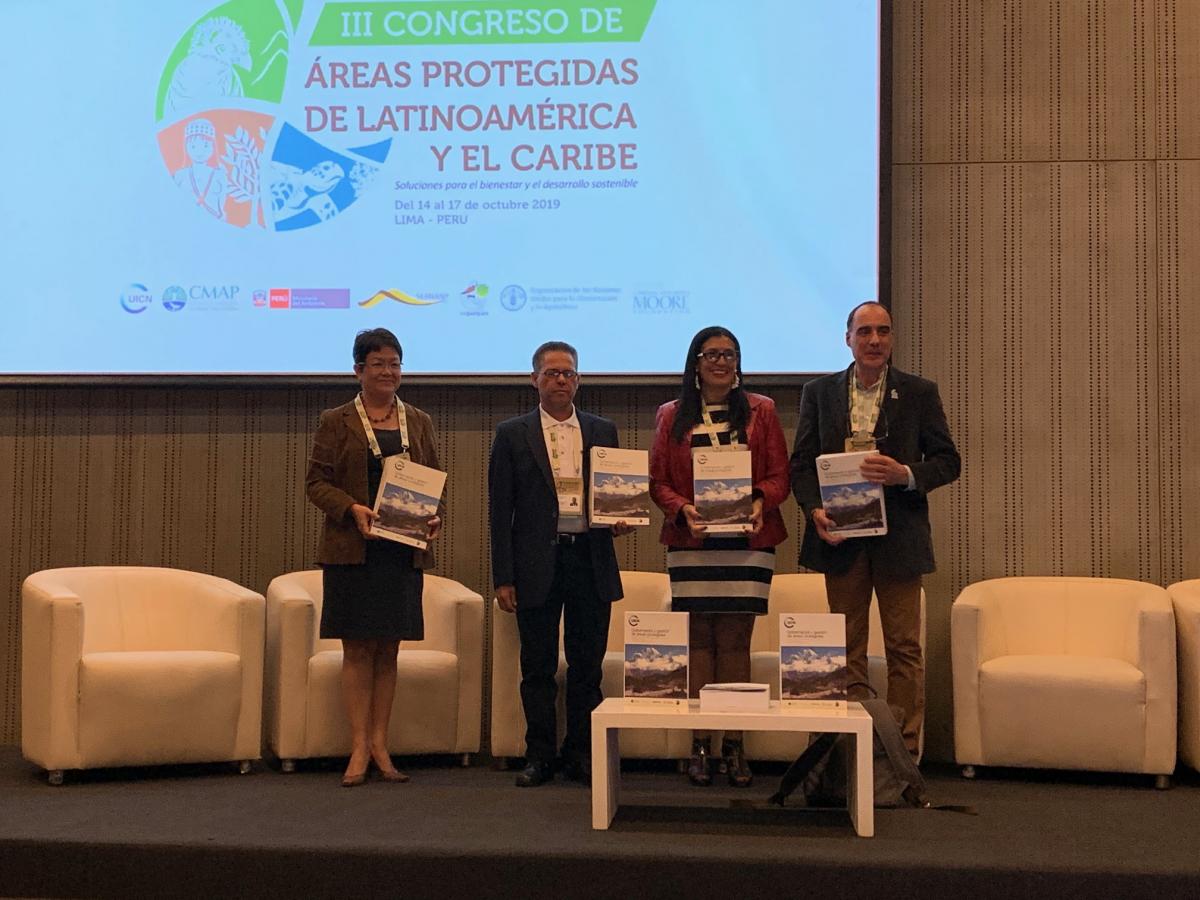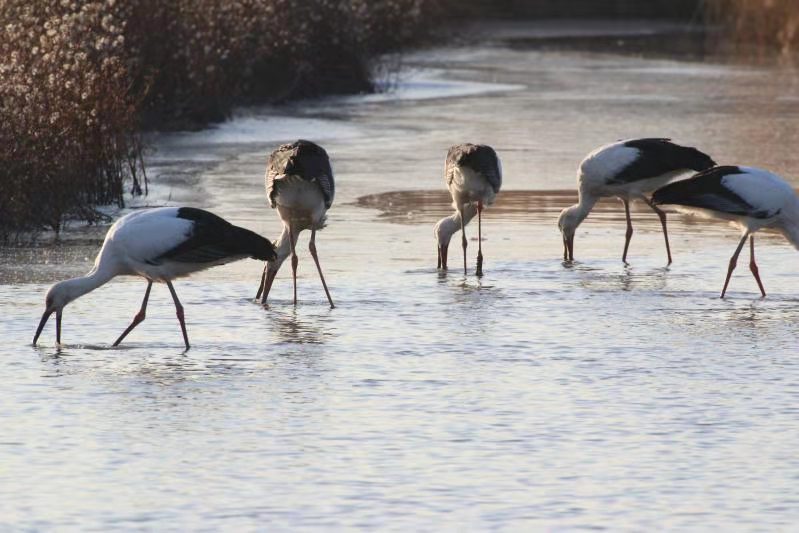US National Park Service and International Union for the Conservation of Nature Join Efforts to Support Parks and Protected Areas Around the World
The National Park Service (NPS) and the International Union for the Conservation of Nature (IUCN) have established a partnership to support protected areas and national parks around the world. The first partnership action is the assigning of Mr. David Reynolds, the NPS Northeast Region Chief of Natural Resources and Science, to IUCN’s Global Protected Areas Programme for three and a half years to manage the organization’s Protected Area Capacity Development Programme. This will include working with other organizations to develop globally recognized professional standards for park rangers, managers and park system executives.

Photo: Dave Reynolds
“David’s work will help build capacity for the IUCN Global Protected Areas Programme,” said National Park Service Director Jonathan B. Jarvis. “He will rely on his 33 years with the National Park to develop internationally recognized competency standards that will increase the ability of protected area staff to do their jobs under often difficult circumstances.”
Over the next few years, the relevance of protected areas will be a significant subject of discussion through IUCN’s World Conservation Congress in 2012, the IUCN World Parks Congress in 2014 and ongoing discussions in the Convention on Biological Diversity. Reynolds will conduct his work from Medford, New.Jersey, with occasional travel to parks and protected areas and training centers around the world.
“We are absolutely delighted with this support from one of our IUCN member organizations”, said Trevor Sandwith, Director of IUCN’s Global Protected Area Programme. "Capacity development is one of the key requirements for national governments to manage their protected area systems effectively. David will take responsibility for working across IUCN’s regions, themes and commissions to build competent protected area professionals and institutions. We hope this will lead to a globally recognized professional qualification in protected area management and ultimately to protected area systems themselves as being certified as being managed at the highest professional levels.”
The new post is a return to his earliest days in the international work, Reynolds said. “I worked in parks in West and Central Africa in the Peace Corps in the mid 1970’s, began my NPS career in the National Park Service’s International Affairs Office back in 1978 and have kept involved with international assignments over the years, so I’m in a familiar environment.”
Reynolds said, “I’m looking forward to the challenge of working with the world conservation community to develop a comprehensive program benefiting field rangers and protected area system managers alike. Many countries don’t have the financial resources or the basic equipment, such as computers and transportation, to support strong training programs. So this Programme must meet the training needs of individuals working in parks and protected areas in diverse situations while setting professional standards that training centers and other institutions around the world will value and use.
In addition to this pioneering work on capacity development for management effectiveness, IUCN’s Global Protected Area Programme is focusing on a core set of priorities that includes climate change, the role of equitable governance and benefit-sharing, sustainable finance and investment, and above all, communicating at global and local levels that protected areas really do work.
IUCN is the world’s oldest and largest global environmental network - a democratic membership union with more than 1,000 government and NGO member organizations, and almost 11,000 volunteer scientists in more than 160 countries. More information is available at https://www.iucn.org/
More than 20,000 National Park Service employees care for America’s 394 national parks and work with communities across the nation to help preserve local history and create close-to-home recreational opportunities. Learn more at www.nps.gov.



